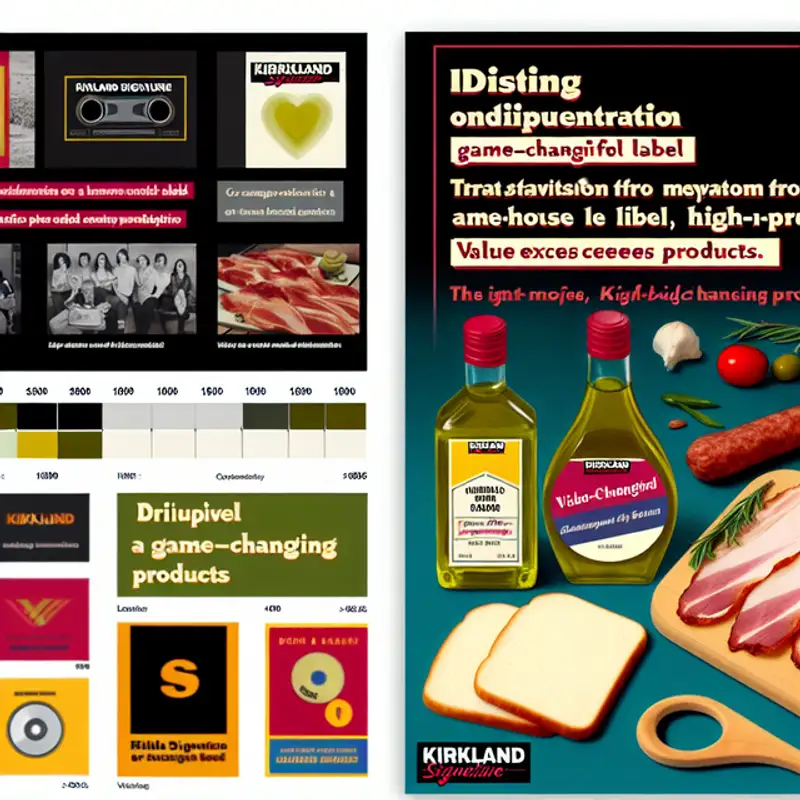 Episode
Episode
· 02:37
Costco’s private-label gamble back in 1995 with Kirkland Signature wasn’t just unconventional—it was revolutionary. While other retailers like Walmart and Target flooded shelves with multiple house brands, Costco kept it simple and bold: one name to rule them all. Nearly three decades later, that bet paid off in a big way. Kirkland Signature hauled in an eye-popping $86 billion in sales last year, outpacing iconic corp giants like Procter & Gamble and Kraft-Heinz. The Wall Street Journal’s case study unpacks how Costco’s stripped-down, quality-first approach helped build shopper trust, forced name-brand manufacturers to compete, and became a profit powerhouse. As one exec put it, “We don’t do a lot of things, but what we do, we do really well.”
Key Points:
Kirkland Signature was launched in 1995 as Costco’s unified private-label brand, a strategy that bucked the industry trend of multiple in-house labels.
In 2023, Kirkland generated approximately $86 billion in sales—putting it ahead of giants like Procter & Gamble ($82 billion) and Kraft-Heinz ($34 billion).
Unlike Target and Walmart, which manage a portfolio of house brands, Costco opted to focus on one highly trusted private label to boost member loyalty.
Costco restricts product variety (typically just one or two of each category) and uses that leverage to negotiate better deals with suppliers.
Kirkland products often match or outperform name brands—and sometimes they literally are name brands with subtle modifications (like Kirkland’s diapers made by Kimberly-Clark, makers of Huggies).
One of the secrets of Kirkland’s success is a tight value equation: “value exceeds price.” This reinforces Costco’s membership renewal rates, which are among the highest in retail.
Some top Kirkland products include: Kirkland Signature Olive Oil (often ranked for high purity), Kirkland Vodka (rumored to be made by Grey Goose), and their tireless best-seller, Kirkland Bacon.
Club retailers like Costco and Sam’s Club are seeing faster revenue growth in private-label sales than traditional big box retailers.
According to NielsenIQ, store brands now account for 20% of all grocery sales in the U.S. as consumers seek quality without premium prices.
The Kirkland model isn’t just about cheap—it’s about perceived and actual quality, which fosters intense customer loyalty (and social media fanfare).
In short: Kirkland is no longer the scrappy house brand—it’s a mega-brand in its own right. And it proves that sometimes, one great bet can change the entire game.
Link to Article
Listen to jawbreaker.io using one of many popular podcasting apps or directories.